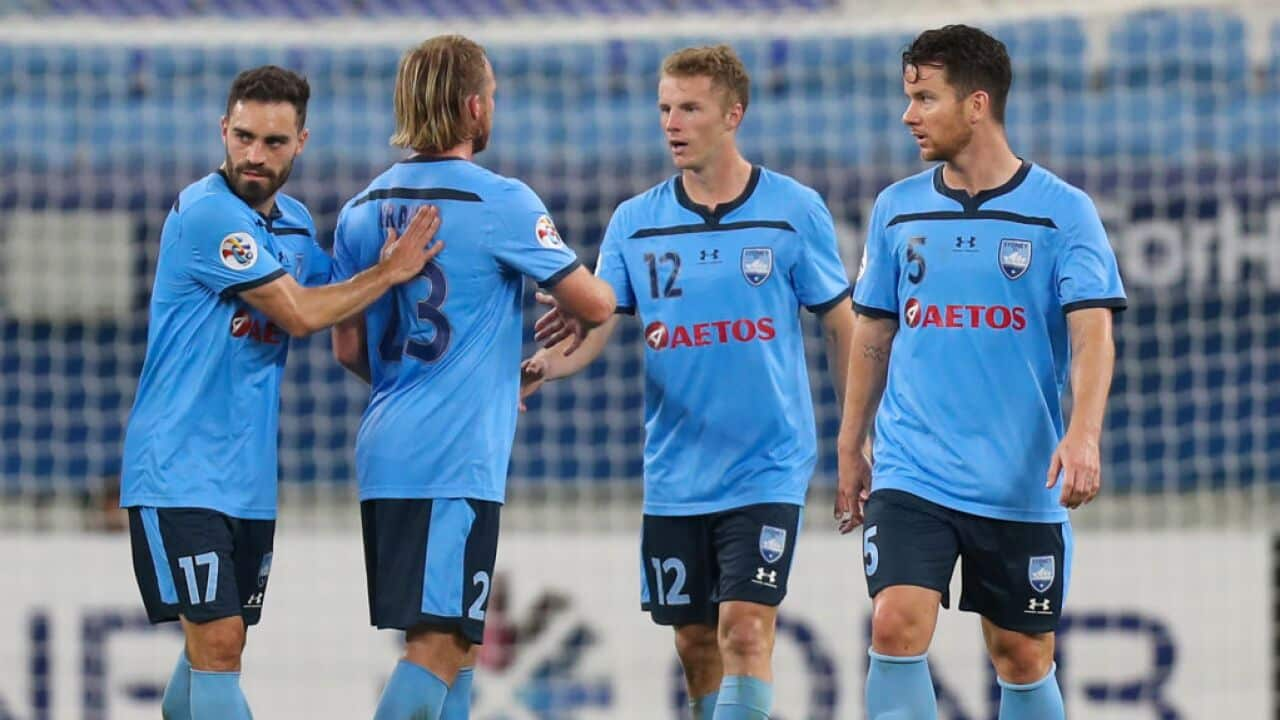Sydney FC, Melbourne City and Brisbane Roar have pulled out of this year's tournament due to the health risks surrounding their matches against Asia's finest.
Many fans - at least those who actually care about the competition - would have been greatly disappointed by the surprising announcement but there was nothing more the clubs could have done to avoid such an unfortunate outcome.
The Sky Blues, as A-League champions, were supposed to play their group matches against Jeonbuk Motors, Gamba Osaka and Singapore's Tampine Rovers in a hub in Uzbekistan.
Beaten grand finalists City were due to face Cerezo Osaka in a playoff to get to the group stage while Brisbane were to face Kaya FC of the Philippines in a preliminary playoff.
Make no mistake, the three clubs were keen to have a crack at the ACL but extensive talks with many stakeholders including the AFC that went on for almost two months failed to find a solution.
"Qualification for the ACL is a significant driver of competition in Australian domestic competitions and Australian clubs remain committed to participating and performing well in the ACL," a joint statement from the clubs read.
"Despite exhaustive efforts to overcome the impact of COVID-related issues, it has become clear that Brisbane Roar, Melbourne City and Sydney FC will regrettably be unable to attend their respective hubs in this year's tournament.
"The decision comes after extensive consultation with all stakeholders, including medical advisors, the PFA and government agencies. Football Australia has informed the AFC of the clubs' withdrawal."
And when Victoria went into its fourth lockdown on May 27 due to another rise in COVID cases, the Australian Professional Leagues had no other alternative but to extend the A-League finals to June 26. The finals coincided with the first rounds of the ACL.
It was clear that participation in Asia's blue riband event was never going to be possible.
The main problem with playing in Asia was not the actual stay in the respective cities or towns per se but the travelling to and from the venues.
For example, Sydney would have had to go through three public airports just to get to the Uzbek capital Tashkent.
Brisbane would have had to fly to the very busy Savarnabhumi in Bangkok to play Kaya and, if successful, take a six-hour bus journey through COVID-ravaged Thailand to face Shanghai Port in Buriram.
The medical advice the three clubs got was simple and unequivocal: it was 'high risk'.
The clubs did their best to find a solution but the AFC, which can be intransigent at the best of times, would not budge and decided to go ahead with the tournament.
The clubs, of course, have a right and an obligation to protect their players and, in collaboration with a supportive FA, took the action they knew might lead to repercussions.
One hopes that continental football's governing body will take kindly to the Australians' plight and apply a level of common sense.
The clubs are not to blame for the pandemic and they should not be punished for doing the right thing by their players.











